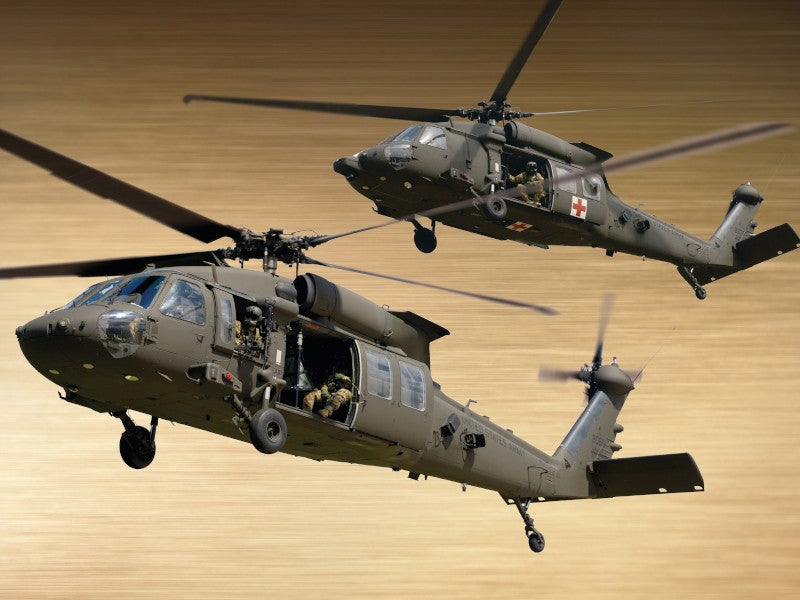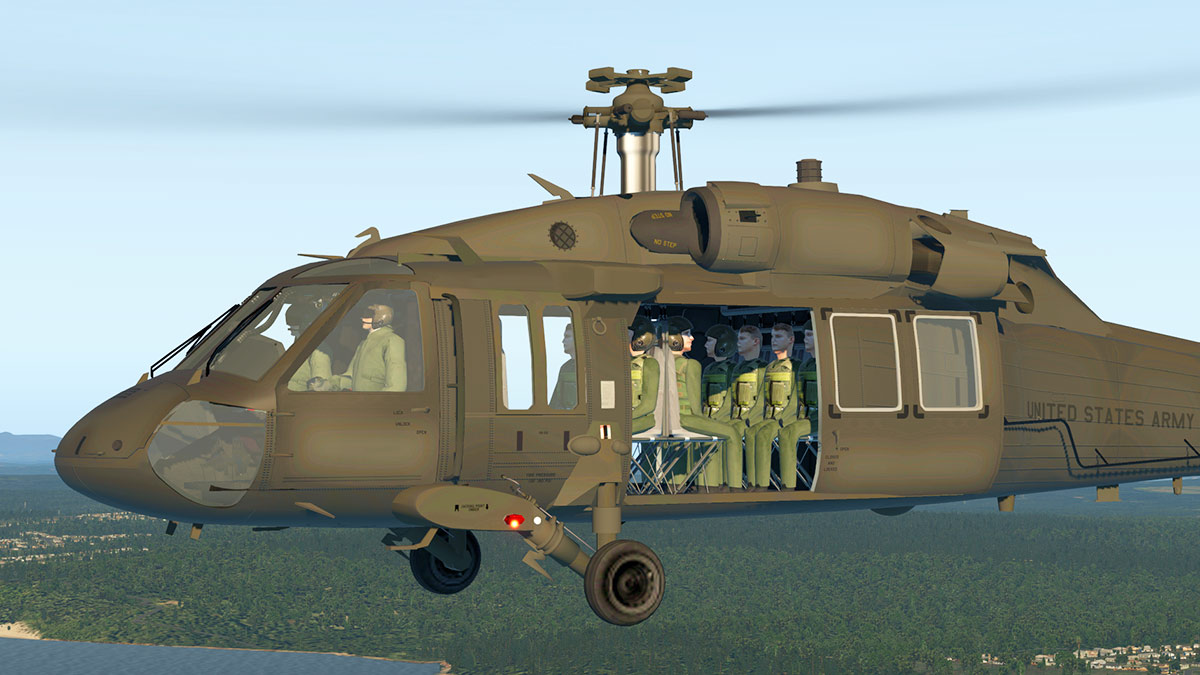UH 60 Black Hawk: Armed Forces Helicopter Attributes and Capabilities
UH 60 Black Hawk: Armed Forces Helicopter Attributes and Capabilities
Blog Article
The Duty of Aircraft in Forming Worldwide Transport and Trade Characteristics
The advancement of airplane has indelibly transformed global transportation and profession characteristics, helping with unmatched degrees of connectivity and efficiency. Via the facility of robust air freight networks, businesses can now browse international markets with exceptional speed and agility, thereby redefining supply chain strategies. However, this improvement is not without its challenges, as the aviation industry faces sustainability worries and regulatory pressures. As we explore the multifaceted impacts of aircraft on international profession, it is vital to consider just how these factors will shape the future landscape of aviation and its function in the economic climate.

Development of Air Transport
The evolution of air transport has been noted by considerable technical improvements and innovations that have actually transformed the way individuals and goods relocate throughout the globe. From the Wright bros' first powered trip in 1903 to the development of supersonic jets, each landmark has highlighted the ruthless pursuit of performance and speed in air traveling. Early aircraft were largely simple, restricted by engine power and structural stability. However, the intro of advanced products and aerodynamics in the mid-20th century caused substantial enhancements in airplane safety, dependability, and efficiency. uh 60.
The latter component of the 20th century observed the emergence of industrial air travel as a practical mode of transport, characterized by the intro of jet engines, which changed air travel by dramatically lowering trip times. Additionally, developments in navigation and interaction innovations have improved functional performance and safety, enabling even more facility flight paths and schedules. The surge of air cargo in parallel with traveler solutions has additionally emphasized the flexibility of aeronautics. As we look to the future, arising technologies such as electrical and autonomous airplane guarantee to redefine the air transport landscape, making sure ongoing advancement and adaptation to global needs.
Effect On Global Profession
Air transportation has actually exceptionally improved international trade by helping with the swift activity of goods throughout vast ranges. This expedited logistics capability enables businesses to react rapidly to market needs, thereby improving supply chain performance. The ability to carry subject to spoiling items, high-value products, and time-sensitive items has opened brand-new markets and opportunities for different markets, dramatically influencing trade patterns.
Furthermore, the advancement of air freight networks has cultivated globalization, allowing companies to resource materials and products from different components of the globe perfectly. This interconnectedness minimizes lead times and expenses, enabling organizations to remain competitive in a significantly global market. Furthermore, air transportation plays an essential function in shopping, where customer expectations for fast shipment have actually driven a rise popular for air cargo services.
The effect of airplane on international profession encompasses the production of critical profession courses, connecting areas and facilitating international partnerships. Countries that purchase air transport facilities commonly experience enhanced financial development and boosted foreign direct investment. Overall, the evolution of air transportation has not only transformed the logistics landscape but has also become an important element in the dynamics of international profession.

Economic Advantages of Aviation
A durable aviation field generates considerable economic advantages, contributing to job development, tourist, and total economic development - uh 60. The aeronautics market sustains countless jobs around the world, ranging from straight employment in airline companies and airports to indirect roles in markets Related Site such as hospitality, transportation, and logistics. According to sector reports, for each task in the aeronautics sector, around 3.5 added jobs are created in the more comprehensive economic situation
Tourism is an essential component of the economic advantages obtained from aviation. Flight helps with global tourism, permitting tourists to discover diverse locations, which in turn stimulates regional economic situations. Countries that buy their aviation facilities often experience boosted tourist arrivals, causing higher investing on services such as restaurants, resorts, and tourist attractions.

Moreover, aeronautics boosts worldwide connectivity, making it possible for companies to access brand-new markets and resources effectively. As a result, industries such as ecommerce and production benefit greatly from reliable air transport, further driving economic development.
Obstacles Encountering the Aviation Market
Browsing a complex landscape of governing, environmental, and financial difficulties, the aeronautics market deals with considerable hurdles that threaten its sustainability and development. Rules bordering safety and safety are consistently developing, necessitating recurring conformity and adaptation from airlines and suppliers (uh 60). This can result in increased functional expenses and resource appropriation that diminishes development and expansion initiatives
Furthermore, environmental problems have become extremely important, with growing analysis over carbon emissions and sound pollution. The sector is under pressure to take on greener innovations and practices, which often need substantial financial investment in r & d. Stabilizing these ecological responsibilities with the demand for air traveling presents a substantial difficulty.
Financial fluctuations, such as climbing fuel costs and geopolitical unpredictabilities, additionally make complex the landscape. Airline companies regularly face unpredictable operating expense and varying passenger demand, which can influence profitability and long-lasting planning. Labor shortages and skill voids in vital areas add an additional layer of intricacy, hindering operational performance.
Eventually, resolving these multifaceted obstacles is crucial for the aviation market to keep its critical function in international transportation and trade, while guaranteeing resilience and adaptability in an increasingly affordable market.
Future Patterns in Flight
Emerging technologies and changing consumer choices are positioned to reshape the future of flight substantially. The assimilation of artificial intelligence and artificial intelligence is anticipated to improve functional efficiency, streamline flight terminal processes, and improve customer support. Anticipating analytics will help with more exact demand forecasting, permitting airlines to enhance flight routines and rates versions.
Sustainability is coming to be a crucial chauffeur in flight, with the air travel sector increasingly concentrated on decreasing carbon exhausts. Developments in airplane style, such as hybrid and electric propulsion systems, are being discovered to satisfy environmental targets. Additionally, the fostering of lasting aeronautics fuels (SAFs) is expected to play use this link a critical role in accomplishing net-zero emissions by 2050.
Consumer choices are changing towards personalized traveling experiences. Airline companies are buying sophisticated information analytics to tailor services and boost consumer engagement, guaranteeing a much more tailored journey from booking to arrival. In addition, the increase of remote work may bring about boosted demand for recreation traveling, as individuals look for to incorporate job and trip.
Conclusion
To conclude, aircraft considerably influence international transport and profession characteristics by facilitating fast activity and boosting supply chain efficiency. The evolution of air transportation has actually changed global trade, yielding significant financial benefits while additionally presenting obstacles that require critical management. Future fads indicate an ongoing dependence on air travel for commerce, highlighting its indispensable role in globalization and economic development. The ongoing adaptation of the aeronautics industry will certainly be essential read this for sustaining its payments to the global economic situation.
The latter component of the 20th century witnessed the appearance of industrial air travel as a practical setting of transport, identified by the intro of jet engines, which reinvented air travel by significantly reducing trip times. The rise of air freight in parallel with passenger services has actually even more underscored the adaptability of aeronautics. Additionally, air transportation plays an essential function in e-commerce, where consumer assumptions for rapid shipment have actually driven a surge in demand for air products solutions.
Overall, the advancement of air transportation has not only changed the logistics landscape yet has likewise end up being an important component in the dynamics of global trade.
Sustainability is coming to be a vital vehicle driver in air traveling, with the air travel market progressively focused on reducing carbon discharges.
Report this page